ISLAMABAD, Jan 22: Nato Secretary-General Jaap de Hoop Scheffer said on Thursday he had “met a positive mindset in Pakistan” on strengthening cooperation with the alliance and instituting a political dialogue.
Mr Scheffer told reporters at the British High Commission that he had come to Pakistan to see if there was meeting of minds for setting up a strong Pakistan-Afghanistan-Nato dialogue on the lines of the tripartite military commission working for border coordination.
“I will report back to the allies in Brussels that I met positive mindset in Pakistan,” he said after meeting President Asif Zardari, Prime Minister Yousuf Raza Gilani, Foreign Minister Shah Mehmood Qureshi, Interior Affairs Adviser Rehman Malik and Defence Minister Ahmed Mukhtar.
Besides seeking Pakistan’s support for political dialogue, the chief of the North Atlantic Treaty Organisation discussed the planned troop surge and Nato operations in Afghanistan and the terrorist attacks in Mumbai.Mr Scheffer said Pakistan was part of the solution to the Afghan problem.
“We both need each other” because of a common enemy, he said. “The guys trying to destabilise Pakistan are the same as those crossing the border,” he said, adding there was not much difference between the extremists in Afghanistan and Pakistan given their objective to destabilise both the countries.
“Success in Afghanistan is not possible without success here and the opposite is very much true,” he said.
He said the Pakistan government was making serious efforts to curb militancy in the tribal areas, but there was need for a “parallel action” by Nato and Pakistan troops through better exchange of information and intelligence.
He spoke of the success of border coordination centres where information from unmanned aerial vehicles was being shared by Pakistan, Afghanistan and the International Security Assistance Force (Isaf).
The Nato chief supported US President Barack Obama’s decision to increase the number of troops in Afghanistan by about 32,000 and called upon allies to increase their contributions.
“I want to keep a balance in my alliance, otherwise things could be getting far away from a fair share of burden,” he said, reminding the allies that even though it was difficult for them to match troops’ number, they could do so in “intention”.
He also called for a reinforced civilian response. Saying there was a need for a “civilian surge,” he cautioned that that there should be no illusion that the extra number of troops would do the trick. “In the longer run, the civilian response will be more crucial.”
Replying to a question about the possible adverse impact of the troops surge in Afghanistan, Mr Scheffer said that although no great influx was anticipated, it was a valid concern discussed at his meetings here.
He suggested that a spillover, if it would happen, could be handled efficiently through strict border control.
At his joint press conference with Foreign Minister Qureshi, the Nato secretary-general disassociated the alliance from drone attacks by the United States.
“Nato respects Pakistan’s sovereignty and Isaf’s mandate ends at the border without any exception,” he said.
He said Isaf reserved the right to retaliate against any attack by militants, but that would be done in coordination with Pakistan.
He appeared to be having a slightly different approach to the one adopted by the US on alternative supply routes.
Despite a few attacks, Pakistan had been very efficient in protecting the supplies for the alliance, he said.
He hinted that there could be an additional route to the one being currently used through the Khyber Pass, but that too could be through Pakistan.
He categorically stated that Nato was not closer to signing transit agreements with Central Asian republics.
Mr Scheffer disagreed with Pakistan’s stance that tensions with India in the aftermath of the Mumbai attacks would affect its focus on the ‘war on terror’.
“There is nothing happening on the eastern border that was to the detriment of the Pakistani anti-militancy operations on the western border,” he said, adding that his assessment was based on his discussions with Pakistani interlocutors.
However, Foreign Minister Qureshi said activation on eastern borders would hurt anti-militancy operations on the western borders.
“Obviously, if we are more focussed our efficiency would naturally improve more,” he said, adding that de-escalation of Pakistan-India tensions would help the war on terror.


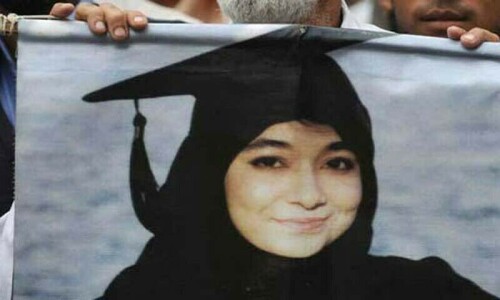














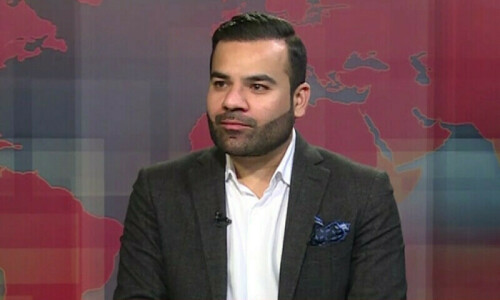
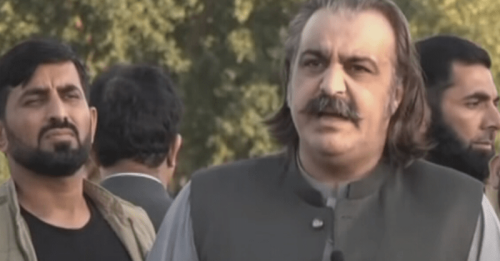

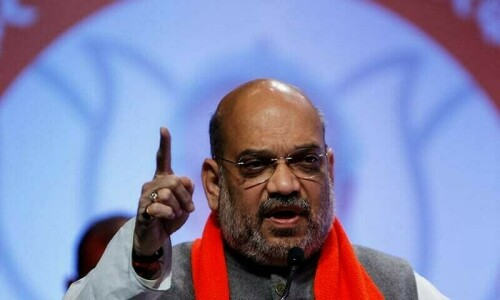




















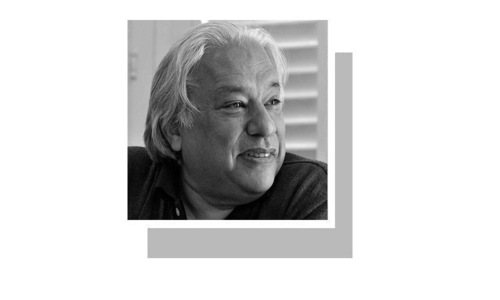

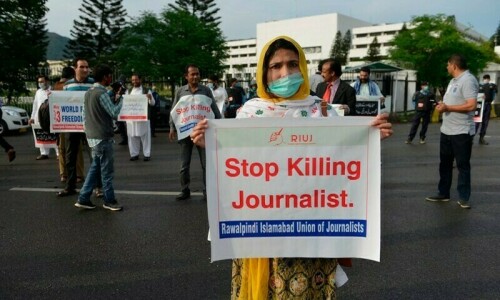


Dear visitor, the comments section is undergoing an overhaul and will return soon.